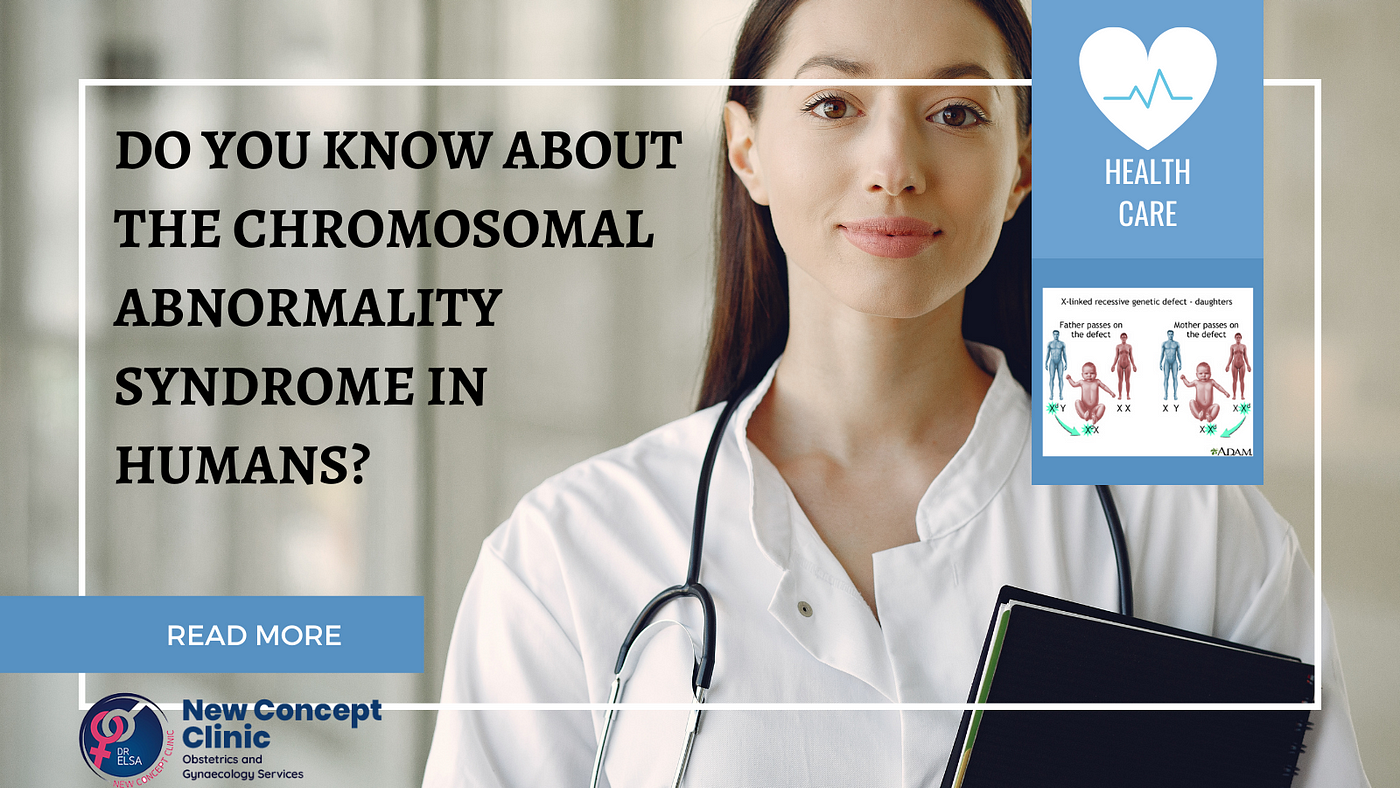
Commonly referred to as a genetic condition or a chromosomal condition that occurs when a child is born with an error in cell division or with an extra copy of the 21st chromosome. Is what we term Down Syndrome. Affecting more than thousands of people in the US, down syndrome is the most common chromosomal abnormality syndrome that has some mild to serious physical and developmental problems.
Down syndrome is a lifelong condition that has no treatment and is caused by an extra chromosome. In general whenever a mother starts to conceive and the infant starts to grow the cells in the body of the baby have 23 chromosomes each pair from the mother and the father. But in down syndrome, some changes occur in a cell and the child gets an extra copy of chromosome 21 resulting in three copies instead of two.
As per Dr. Elsa, a Gynaecology Surgeon in Dubai, people with down syndrome are living an improved, longer, and richer life than ever. They often face challenges but have the willpower to overcome those all because of their parents and families.
Types of Down Syndrome
Most commonly there are only three types of down syndrome affecting people.
- Trisomy 21: Known as the most common type of down syndrome where every cell of the body has three copies of chromosomes 21 other than two.
- Translocation: Affecting 5% of the population translocation down syndrome is a type in which each cell of chromosome 21 is extra in parts or is collectively one.
- Mosaicism: Affecting people in the rarest case Mosaicism down syndrome is that type under which the child has an extra chromosome in some cells of their body.
Signs and Symptoms Related to Down Syndrome
Down syndrome shows affect the physical, cognitive, and behavioral structure of a human. The physical signs and symptoms related to down syndrome are:
- Short physical size
- Short neck
- Small ears
- Small hands and feet
- Flat face features
- Eyes slanting to the outer corner
The behavioural symptoms of down syndrome affecting a child include:
- Attention problem
- Delay in cognition
- Delay in toilet training
- Problems in language development
- Slow learning capabilities
Other medical complications related to down syndrome are:
- Hearing loss
- Poor vision
- Obesity
- Sleep apnea
- Congenital heart defects
Diagnosis for Down Syndrome During Pregnancy
Diagnosis of Down syndrome during pregnancy can be done by a healthcare provider. People residing in the nearby area of Dubai can prefer the Best Pregnancy Check-Up in Dubai offered by Dr. Elsa.
Routine pregnancy tests carried out by the doctors can help you diagnose whether your child has down syndrome or not. The diagnosis process is divided into the pregnancy stages and involves several tests.
- Under the first trimester
In the first trimester, there are blood tests and ultrasounds examination that helps look for down syndrome in your fetus.
2. Under the second trimester In the second trimester, the tests done are blood tests, ultrasound, and quadruple marker screens that help diagnose and determine defects in the brain and spinal cord if any.
3. Others
Other than the tests carried out during the first and second trimester there are several other prenatal tests that can help determine the signs of building down syndrome. The tests done are amniocentesis, chorionic villus sampling, percutaneous umbilical blood sampling, etc.
No comments:
Post a Comment